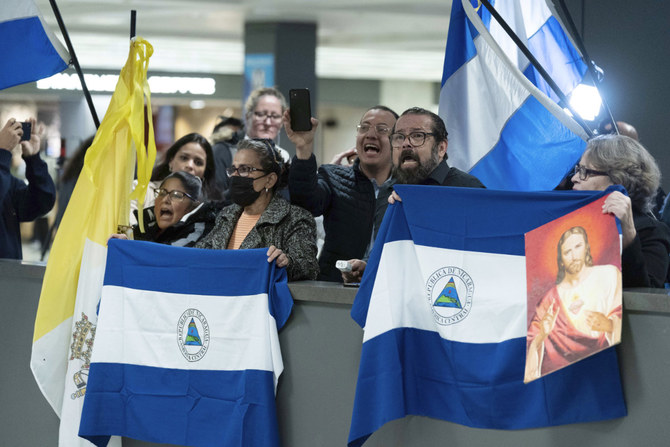Mexican President Andrés Manuel López Obrador on Wednesday offered asylum and citizenship to Nicaraguan opponents who need it.
After several days of silence following the actions taken this month by Nicaraguan leader Daniel Ortega against several hundred opponents, López Obrador spoke out on the matter and said during his morning conference that all Nicaraguans who want to be in Mexico “have the doors open”. Asylum, nationality, whatever they want.”
Without giving further details, the president indicated that “there have been people from Nicaragua who have requested to be in Mexico” and that he has instructed the Secretary of Foreign Relations, Marcelo Ebrard, to process all requests.
López Obrador remained cautious in speaking about the situation in Nicaragua, but said “nationality cannot be lost by decree” as his Chilean counterpart, Gabriel Boric, said last week when he expressed his solidarity with the writers Gioconda Belli and Sergio Ramírez, the activist Sofía Montenegro and the journalist Carlos Chamorro, whose nationality was withdrawn by the Ortega government. Boric also this week offered Chilean citizenship and residency to Nicaraguan opponents.
“Let’s hope that things will resolve well in the brotherly people of Nicaragua and we will continue to act in a responsible and prudent manner… We cannot deviate from the possibility of helping reconciliation,” added the Mexican president.
During his morning lecture, López Obrador showed a letter he sent to Ortega on December 2 asking him to allow former guerrilla commander Dora María Téllez to leave the country to give her asylum in Mexico. and that she can receive medical care.
Téllez, 67, was one of 222 people released, exiled and sent to the United States on February 9 by the Nicaraguan government.
Ortega told 94 opponents and critics last week that he stripped their nationality “traitors to the fatherland” and ordered the confiscation of their real estate. The measure was announced a few days after the sentence of more than 26 years in prison pronounced against Bishop Rolando Álvarez.
At the start of the week, some twenty former presidents of Spain and Latin America, mostly from the right and the center, expressed concern about the silence of the region and of López Obrador in the face of Ortega’s actions and welcomed the positions of the presidents of Chile and Ecuador before what they described as the “dictatorial assault” on Nicaragua.
The governments of Chile, Ecuador and Colombia have spoken out in recent days on the situation in Nicaragua.
In mid-2021, Mexico called its ambassador to Managua for consultations because of “worrying political actions” by Ortega, who imprisoned opposition leaders and presidential candidates in that country.

